This nation was founded upon the principles of freedom set forth in the Declaration of Independence and enshrined in the U.S. Constitution The future of freedom in Americahttp://canadafreepress.com/index.php/article/6457By Henry Lamb Sunday, November 23, 2008 John Edwards was right, there are two Americas. The division is not between the rich and poor, nor between red states and blue states, nor between Democrats and Republicans. The division that really matters is the division between the people who believe government should regulate the behavior of people, and those who believe that people should regulate the behavior of government. This nation was founded upon the principles of freedom set forth in the Declaration of Independence and enshrined in the U.S. Constitution. Even then, a significant number of people believed this form of government was wrong, that society would be better served by a government with unlimited power to impose whatever restrictions and regulations the government deemed best to serve the public. Governments structured to impose unlimited power have been described by many different names, but all such governments fit nicely under the description of “collectivist” government. Americans who subscribe to this form of government held little sway in public policy until Woodrow Wilson, who nearly convinced Congress to yield the nation’s sovereignty to the League of Nations. Wilson’s protégé, Franklin D. Roosevelt, raised the collectivist torch again when Americans clamored for any “change” from the devastating depression that followed the market crash in 1929. Roosevelt was a collectivist who brought change: he created the United Nations. Since Roosevelt, collectivists have marched steadily toward domination of public policy, with only a few minor speed-bumps imposed by leaders who reject the collectivist vision. It is abundantly clear that collectivism is the dominant belief system of the Democrat Party as well as many in the Republican Party. Since the Reagan era, both parties have ignored the principles of freedom and marched steadily toward an omnipotent collectivist government. The election of Barack Obama is clear evidence that the “collectivist” America has taken charge. The few people who remain in power who still subscribe to the principles of freedom no longer constitute even a speed-bump, but are seen by the majority only as an out-of-touch nuisance to be ridiculed and replaced. What then, is the other America to do? The out-of-power America that cherishes the freedom, so eloquently described in America’s founding documents, is the only hope for freedom’s future. How will this America survive? Unlike unlimited government power, freedom cannot be imposed; it can only be shared. Moreover, it cannot be shared by institutions; it can only be shared by individuals. Institutions can defend freedom. Institutions can facilitate freedom, but freedom can only be shared by individuals. Light from a single candle, when shared with another, and another, and another, can grow to light a room, a home, or even a nation. Free America will dominate public policy again only when those who are now “out-of-touch” share their freedom with a sufficient number of others to, once again, light the way for future generations. The “out-of-power” America is regrouping. Bound by a firm belief in the principles of freedom, people are organizing in their local communities to educate their neighbors, and to convince their elected representatives to reject policies that impose collectivism. Individuals who may well be “out-of-touch” with the current collectivist majority in Washington are in-touch with each other, forming organizations, and coalitions of organizations to build a new appreciation for the principles of freedom among a generation raised on a diet of collectivism. The “out-of-power” America can regain dominance by regaining control of city councils, local school boards, county commissions, and state legislatures. Individuals, combining their efforts through local organizations, can exert extraordinary influence on public policy. Local organizations, coordinating their efforts across a state, can transform state legislatures. Coalitions of organizations, directing their efforts in a national effort, can replace a collectivist government in Washington. Quietly, across the land, thousands of individuals are sharing their freedom by joining or creating local organizations. These organizations are finding each other and working with national coalitions to advance the principles of freedom throughout the 21st century. Among these groups there is determination to dislodge collectivism from its seat of power and restore the principles of freedom as the foundation of all public policy at every level of government. Henry is the executive vice president of the Environmental Conservation Organization (ECO), and chairman of Sovereignty International. Henry Lamb can be reached at: henry@freedom.org |
Posts and Comments from Readers
Please include yourself in the discussion. Post a comment.
Monday, November 24, 2008
Henry Lamb Sunday, November 23, 2008
Labels:
HENRY LAMB
Subscribe to:
Post Comments (Atom)












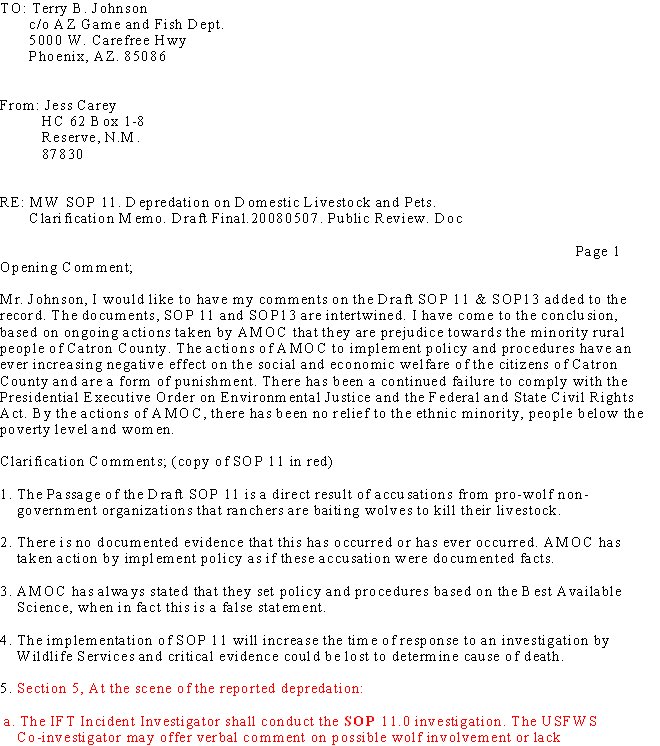
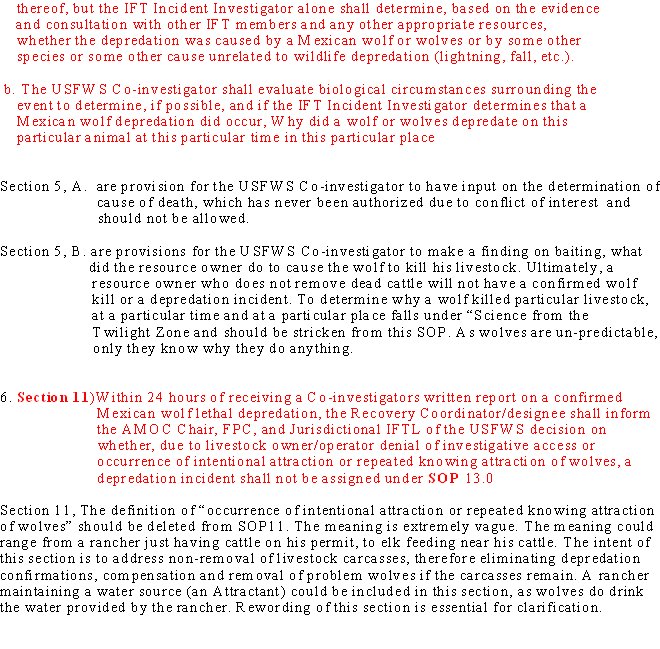
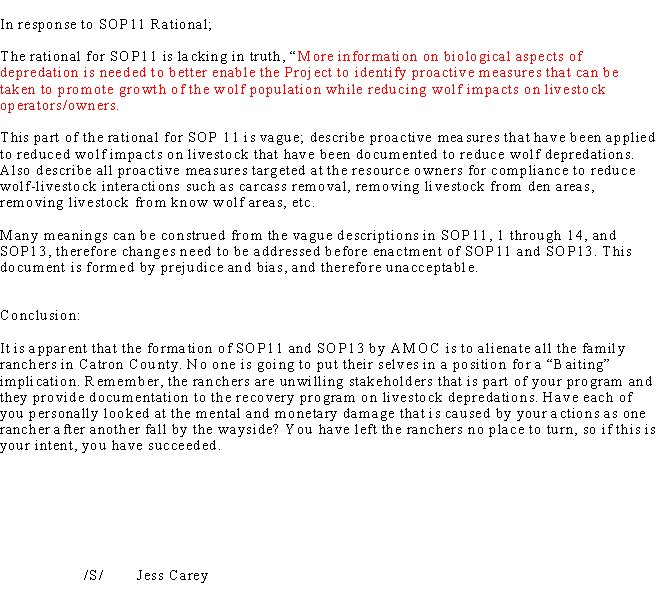

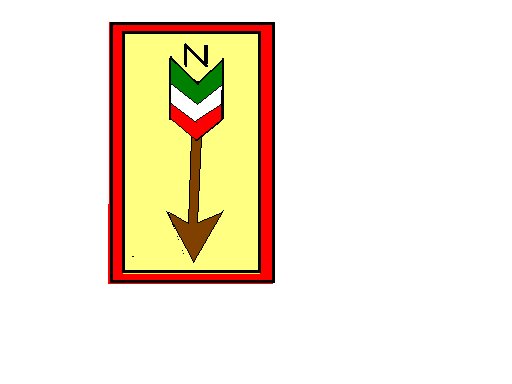


.jpg)


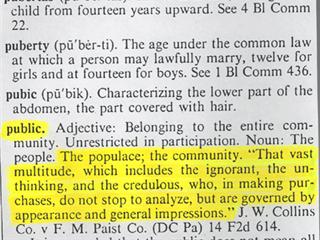









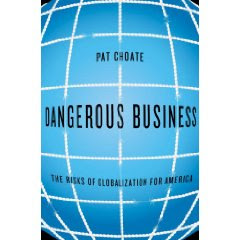
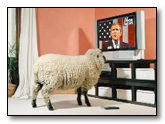




No comments:
Post a Comment